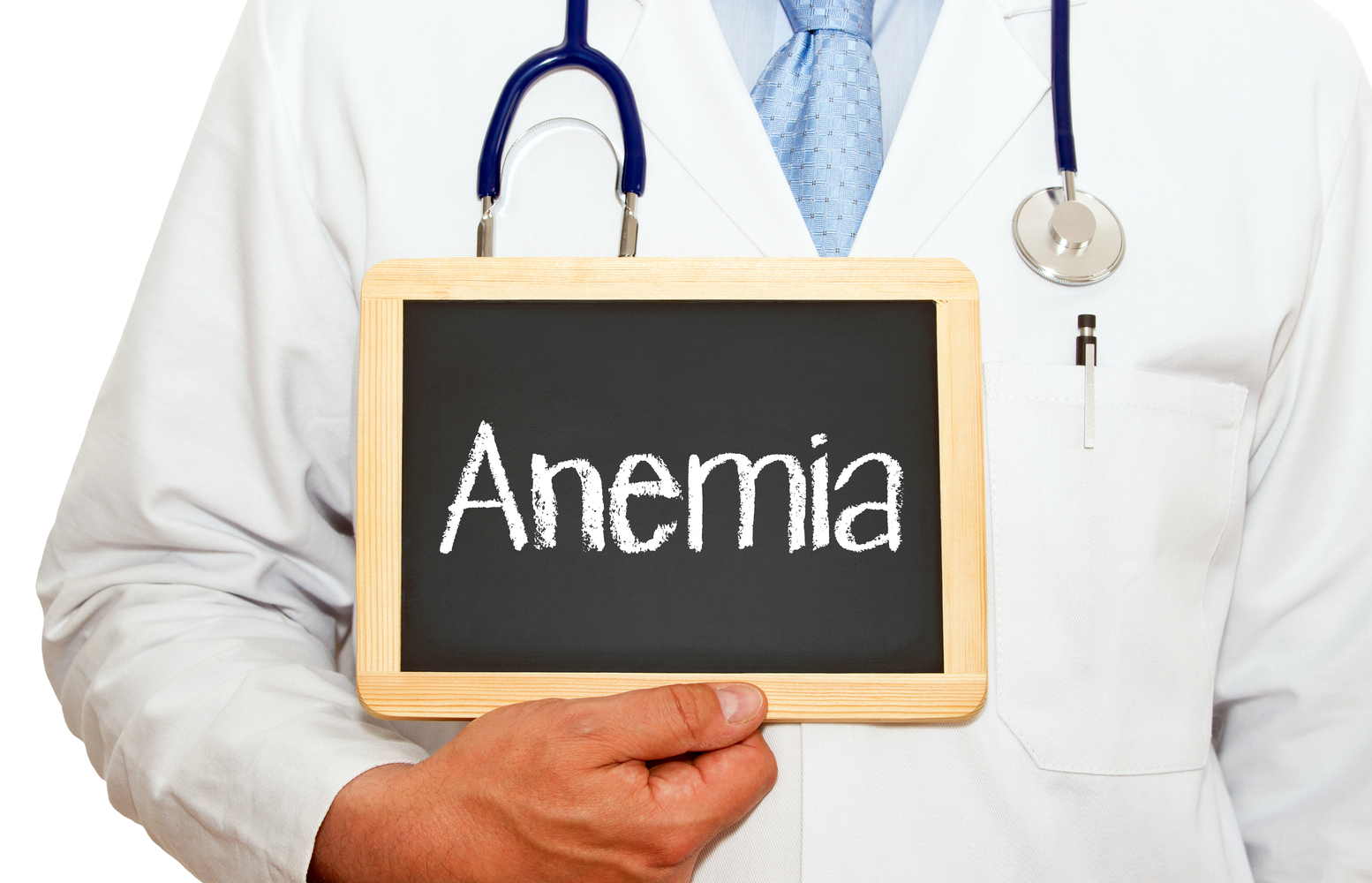
Common Types of Anemia
Anemia is a condition wherein your body does not have adequate healthy red blood cells (RBC) to transport the oxygen to different parts. When you have anemia, you may feel constantly weak and tired. There are different types of anemia, and each one of them has its own cause. Anemia can be long-term or short-term, and mild, moderate, or severe. Here, we list some of the common types of anemia:
1. Aplastic anemia
A damaged bone marrow causes this kind of anemia. The bone marrow may be damaged by radiation, medications, infection, or chemotherapy. When damaged, the bone marrow is unable to make adequate RBCs. This anemia might either be acquired or congenital. There are also some other malignancies that affect the bone marrow, such as leukemia or multiple myeloma. Aplastic anemia can also occur when your body does not have adequate stem cells. At times, there is no known cause of this kind of anemia.
2. Vitamin deficiency anemia
The dearth of healthy RBC in the body may also be caused due to vitamin deficiency. Some vitamins associated with vitamin deficiency anemia include Vitamin C, Vitamin B-12, and folate. Vitamin deficiency might also occur if you do not consume foods containing said vitamins. This kind of anemia may also take place if the body fails to absorb or process the vitamins. It is vital to have your doctors diagnose the condition and prescribe the appropriate course of treatment.
3. Iron deficiency anemia
This is one of the most prevalent and widespread disorders, affecting several in developing countries. It develops over time as your iron intake lowers. Iron reserves in the body may deplete because of a low-iron diet, blood loss, and any medical condition that might make it hard for your body to absorb iron from the gastrointestinal tract.
4. Sickle cell anemia
This form of anemia is an inherited RBC disorder. In sickle cell anemia, the body does not have adequate healthy RBCs to transport oxygen around the body. Typically, the round and flexible RBCs travel across the blood vessels easily. However, if you have sickle cell anemia, the RBCs take the shape of a crescent moon or sickle. These sickle cells often get stuck in the smaller blood vessels. As a result, they can block or slow the blood flow. As of now, there is no definitive cure for this kind of anemia. However, by getting the right treatment, you can avoid the complications associated with it.



